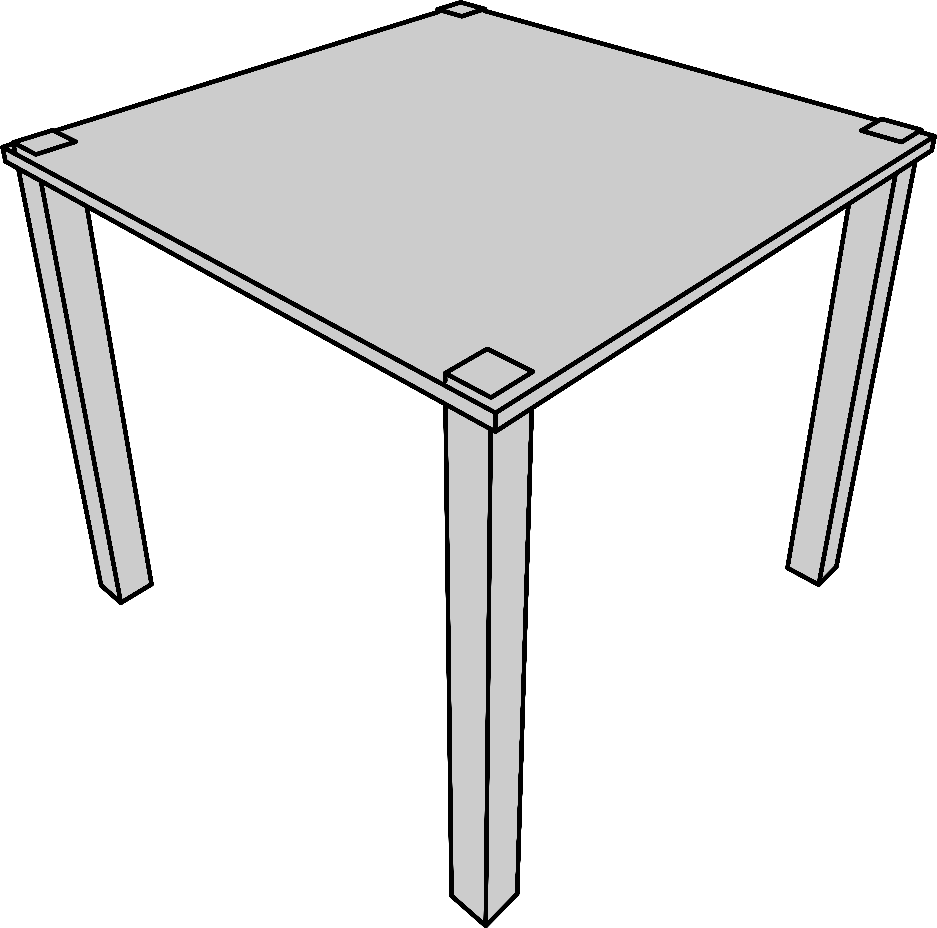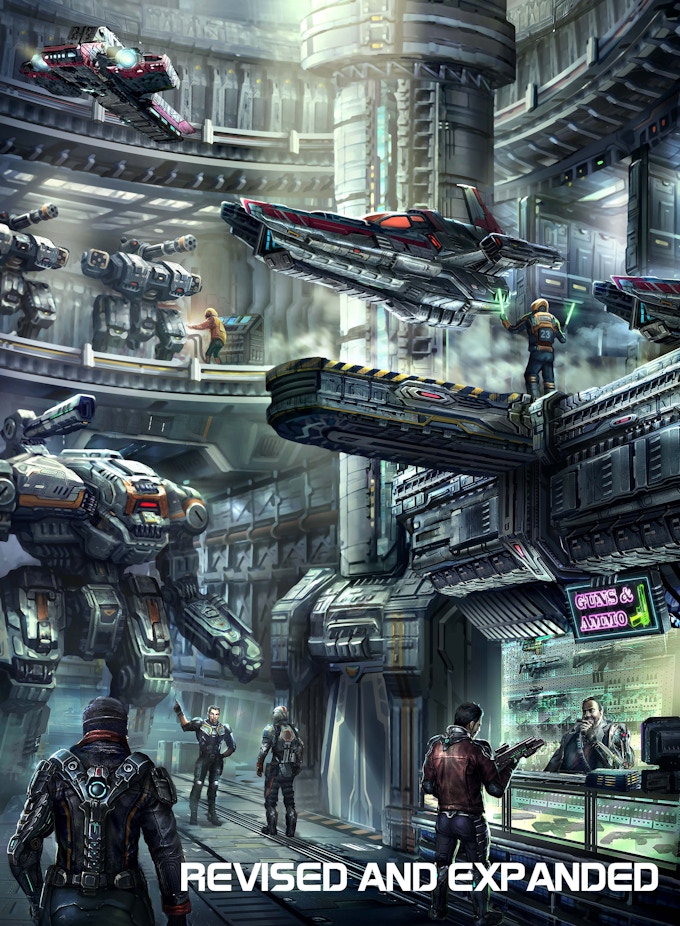 |
| A BBC ad for LotR |
My love affair with The Lord of the Rings began when I was in the fifth year of school. I was ten years old and it's one of the things from childhood that I vividly remember.
Every week were made to sit in groups around a tape recorder that had about six huge, clunky sets of headphones plugged into it, and through this we were subjected to the BBC radio dramatisation of 'The Lord of the Rings'; all 26 wonderful, magical parts. It was the most exciting few weeks of my school life as I became immersed in this incredible world of magic, monsters and heroes of all sizes.
And that was it. After finding out that we had copies of both the books at home, The Hobbit and The Lord of the Rings, I set about reading them from cover to cover and savouring every page, and I also did my best to record the BBC drama on an old radio cassette player. And that was it. I declared my love for all things Tolkien and as the years passed by my meagre collection grew and grew.
Roleplaying in Middle-earth never truly started until the late 1980s, and even then the games never really delved into the richness of the world. I'd been playing fantasy games since 1983, roleplaying since 1984, and even though I immersed myself in the fantasy worlds of the game I never had the chance, or really the urge, to game in Middle-earth. Tolkien's world never had the plethora of monsters that the D&D worlds had and I was having fun making my way through the beasties of the books, and exploring whole new fantasy worlds such as Titan, Forgotten Realms and several home-brewed locations of varying quality.
 |
The I.C.E. MERP
Boxset |
I began to play once a friend of mine got his hands on the Middle-earth Role Playing game - MERP - and I created my first ever fully-fleshed and detailed player character, Tere Swordsong. It was with this character that I was able to finally understand the creative power of roleplaying games and I allowed myself to become fully attached to the character. It was an amazing adventure and I was giddy with excitement when I walked through the doors of The Inn of the Last Bridge in the Trollshaws, and I finally began to roam the lands I loved so much.
The divergence began when the gamemaster began to create adventures that became bigger and bigger in concept, and began to affect not just my character or the location but the world as a whole. We were both wary of contradicting established Tolkien lore, probably I was more than him, and so it was then that he decided to change it from Middle-earth to a general fantasy Europe. As it turned out, it was a great choice. Now he could bring in all kinds of monsters and bad guys and have full control of the game, without any second-guessing or worrying about what was right or wrong in Middle-earth, and he didn't feel hemmed in or restricted by the setting - or by my expectations.
The time I did spend in Middle-earth was incredibly gratifying and the fact that it also enabled me to finally get under the skin of a player character and play him to the hilt was a vital turning point in my roleplaying hobby. Every character I have created since Tere Swordsong has failed to recreate that feeling I got when playing him and, even though I played the characters as well as I was able, they never measured up.
It is strange that, considering my love for Middle-earth, I never spent much time gaming there. I could never figure out quite why that was, not until I ran my own somewhat disastrous MERP games in the mid-1990s and realised fully why it was I had shied away from it.
It was because I was a snob.
I was trying to run a MERP game with a couple of players - post War of the Ring - but couldn't quite figure out why it was I wasn't enjoying the game. It hit me at the beginning of the second session; the players weren't playing the game the way I expected them to. I had an image of Middle-earth in my head, the way everyone acted, spoke and basically presented themselves, and the players were not playing it that way. They were playing it the same way they played old D&D and Warhammer Fantasy Roleplay games, speaking normally and messing around. They just weren't taking this amazing setting and world seriously enough. I'd even go as far to say that I was angry at them because they didn't have the same level of respect that I did for Tolkien's world.
Crazy? Oh, yes, it was a crazy attitude to have but after more than ten years being brewed in my head it was going to be difficult to let go of the images and attitudes I thought should be present in a Middle-earth game. Before the game descended into madness I did exactly what my former MERP GM did; I changed the setting to a fantasy Europe. The games were considerably better now that I wasn't emotionally dragging the game down and the campaign, though short, was a good one.
This was a dilemma; how could I game in Middle-earth when the players involved didn't have the same attitude - dare I say it
respect - towards the setting as I did? Had I ruined any chance at gaming in my favourite fantasy setting? What I needed was something that would unite imaginations, make sure that we were all working from the same page and were approaching the game with the same attitude. This was why my Star Wars D6 games worked so well, because we all had the same visual and emotional attachment to the films so they were very easy games to run and get involved in.
So when Peter Jackson's 'The Lord of the Rings' movies were released, and the Decipher version of the rules was published, I finally had my visual and emotional anchor. I thought I'd give it another shot.
 |
The Decipher CODA
Core Rulebook. |
Peter Jackson's 'The Lord of the Rings' movies hit the cinemas and (after breathing a huge sigh of relief as I really enjoyed them, and had spent the previous two years anticipating disappointment) I felt ready to tackle Middle-earth as a campaign world once again.
Instead of using MERP or any other fantasy RPG I decided to start from scratch and use the new Decipher ruleset, the CODA system. This had been used pretty well in their Star Trek RPG and so I had high hopes for The Lord of the Rings.
Although it didn't tick all my boxes it was a pretty good system and it played really well, and having the visuals of the movies really helped. Instead of several people sitting around the table with differing thoughts regarding the aesthetics and attitudes of Middle-earth, we were all on the same page. The players could visualise their heroes, they knew the look and feel of certain locations and, dwarf-tossing jokes aside, they pretty much stayed the course.
After several successful sessions it was the lore of Middle-earth that started to cause the problems.
Fifteen years earlier I had created and gamed in a Star Wars setting called 'The Setnin Sector', and we had been very careful to create a slice of the Star Wars galaxy that was somewhat removed from the rest of the universe, so it not only existed alongside the official Star wars universe it didn't intrude on it. This gave the sense that the players could still have their huge sector-shaking adventures yet not have any direct influence or effect on the Star Wars galaxy at large. It honestly gave them a sense of really 'being there'. The only golden rule we had was that no player character or story could outshine or contradict the established characters and saga.
Not so with this game. It was not the system that was at fault but, once again, it was the attitude to the game. Once the players were comfortable with the system they wanted more. More adventures, more places to explore, more power and glory. We had come to the game with the same mindset as far as the setting was concerned but the players still wanted to grow in power an influenced as they had in other RPGs. As I was trying to treat Middle-earth the same way as I had treated the Star Wars sector I had created and that was simply impossible; thousands of planets versus a continent? Where could the players honestly go?
With things like Warhammer's Old World and the Cthulhu Mythos I had more than gladly taken liberties with the setting, even changing the entire history and the pantheon in the case of the Old World, but with Middle-earth I could not bring myself to do such a thing, similar to how I couldn't intrude on the Star Wars setting's reality. This was partly my fault as I had come at the game wanting to adventure in the world but I still had the 'epic campaign' mindset, in that the players would expect their adventures to be world shattering. I simply couldn't do this with Middle-earth as it was far too dear to me and changing it in any way, even though it was just a game, just felt wrong.
The games were abandoned and the Decipher rules were discarded. I haven't really ventured into Tolkien's world since and that really is my own fault, but I have the books for Cubicle 7's 5e Middle-earth game, so at some point I will play there again.
I wonder how I'll feel about it?

















